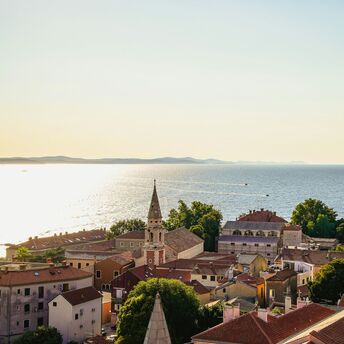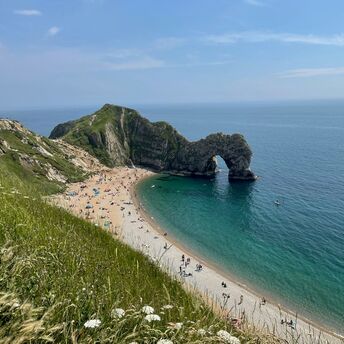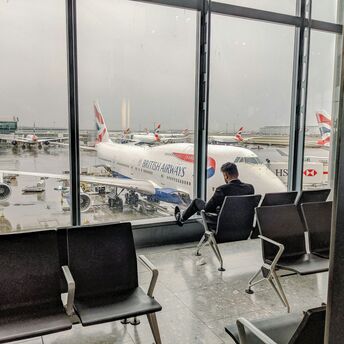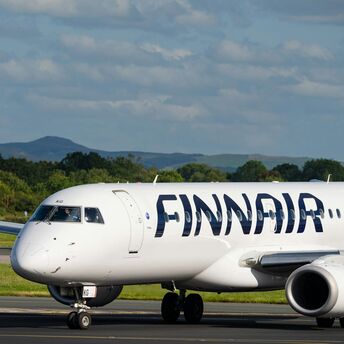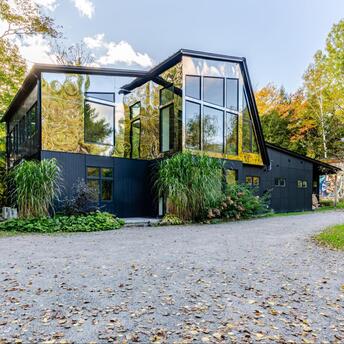Short-Term Rentals Support Budget-Friendly Tourism in Europe

A recent analysis by Oxford Economics, commissioned by Airbnb, shows how short-term stays positively impact the European Union’s economy. In the year two thousand twenty-three, travelers opting for such accommodations contributed nearly one hundred and fifty billion euros to economic growth while creating over two million employment opportunities. More than half of these bookings occurred in areas beyond major cities, underlining their role in developing rural tourism and distributing visitor spending across regions.
For tourists, short-term rentals provide flexible and affordable housing solutions, especially during busy travel periods and large-scale events. The findings indicate that platforms like Airbnb reduced average nightly costs by about seven euros across key European destinations. This price reduction allows families and individuals traveling on a budget to explore more places without overspending. Furthermore, these accommodations act as essential alternatives when hotels reach full capacity during peak seasons or widely attended events.
The rising interest in rural tourism has unlocked fresh opportunities for travelers seeking peaceful, off-the-grid adventures. Short-term stays allow visitors to experience small villages, untouched natural landscapes, and secluded areas while helping to boost local economies. By diverting travel away from congested urban centers, these accommodations encourage sustainable tourism and offer unique experiences that highlight the culture and heritage of overlooked regions.
Travelers also appreciate the flexibility and practicality offered by short-term accommodations, particularly for extended trips or vacations with family or friends. Compared to conventional hotels, these properties often provide additional benefits such as fully equipped kitchens, larger living spaces, and modern amenities. This makes them particularly convenient for remote workers, families on long holidays, or groups looking for cost-efficient yet spacious lodging solutions.
In conclusion, short-term accommodations are transforming European tourism by offering affordable, adaptable, and widely accessible lodging options. This travel model allows visitors to explore renowned cities while discovering hidden rural treasures without straining their budgets. Additionally, these rentals promote sustainable economic growth in less-visited areas and create inclusive travel opportunities for tourists of all preferences, ensuring a well-rounded and enriching experience across Europe.






